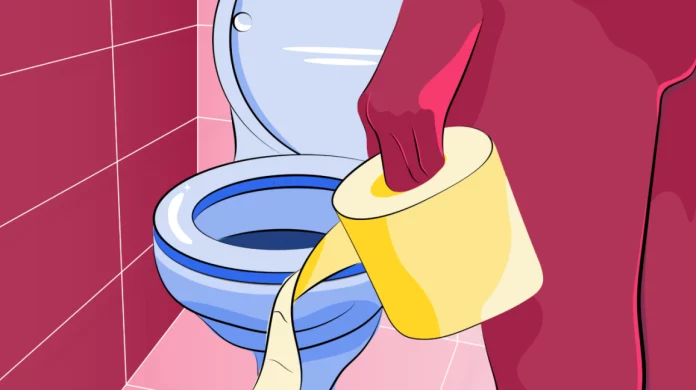Doctors say that people need some awareness about how often a normal, healthy individual ought to pass urine during a 24-hour cycle in order to maintain optimal health.
According to Dr. Sylvester Ikhisemojie, the frequency of passing urine is dependent on a variety of factors such as age, sex, the amount of fluids taken per unit time, the usage of certain medications, the presence of certain medical conditions and age.
“With advancing age, the capacity of the bladder to hold urine also reduces due to diminished elasticity of the organs so that urinary frequency becomes more,” the doctor said.
Ikhisemojie is Senior Consultant at the Lagos State Health Service Commission.
Why children pee more than adults
Young children tend to pass urine more frequently than older children and adults because:
- they have a relatively smaller bladder capacity than adults as a result of which they can hold a lot less urine. For this reason, they pass urine a lot more often than adults do.
- depending on how young they are, children do not have the ability to effectively control their urinary flow until the third or fourth year of life.
- the younger children are, the more likely they are to consume liquid and semi-liquid food. This constitutes a huge part of their urine output.
- a diet consisting mainly of breast milk and later, formula feeds and then cereal will produce more urine than a diet composed of yam, bread and potatoes.
- one of the most significant factors for increased urine production is the frequency of drinking water and the volume of water taken.
What urine colour tells you
The habit of drinking enough water is absolutely vital for keeping the cells of the body well hydrated.
According to Ikhisemojie, the adequacy of water intake is measured by the colour of the urine, in that clear or pale yellow urine is consistent with adequate hydration. Whereas, urine that appears to be dark yellow or even brown is a sign that there is dehydration.
However, if the urine is consistently clear, it is likely that you are drinking too much water and overhydrating.
In general, however, most people would pass urine between six and eight times in the daytime and two to three times at night. Healthy adults could do so four to six times during the day. This number can vary, depending on a number of circumstances, some of which have been discussed above.
Senior adults’ urination habit
In the same way, adults who are in their senior years may make more frequent trips to the bathroom to pass urine due to reduction of the elasticity of their bladder, which has implications for the amount of urine they can hold. The volume diminishes as a result, but the frequency increases.
Other factors that can cause seniors to urinate more often will have to be due to certain factors like prostate enlargement in men and cystocoele in women or utero-vaginal prolapse.
Role of medication
Medications in use for the treatment of high blood pressure and heart failure often act to reduce the volume of blood in circulation by causing the production of excess urine. These medicines, known as diuretics, are crucial in the management of either of these two conditions.
Urinary tract infections also cause frequent urination that has a burning, intense character that makes the sufferer aware that there is a problem. Therefore, a reduction in both of those symptoms is an indication of improvement once treatment has begun.
Amount of urine matters!
Urinary frequency is not the only measure of overall general good health; the amount of urine produced in each trip to the bathroom is also vital, because:
- the average adult should produce between 1.5 and 2 litres of urine each day.
- if an adult realizes that they are making a lot less urine than this amount, due to reduced volume alone or increased difficulty with passing urine, it is an indication of a medical problem like prostate enlargement or bladder infection and would require a visit to the hospital.
- if you find that there is increased urge to urinate or the volume is more, that could be a sign of a medical problem such as diabetes or an overactive bladder.
In this particular aspect, there are two different types of diabetes either of which can lead to a markedly increased amount and frequency of urination.
- Diabetes mellitus is due to insulin lack or insulin insufficiency and one of its earliest symptoms is frequent urination.
- Diabetes insipidus, on the other hand, is due to not being able to regulate the amount of urine produced by the kidneys due to failure of action of anti-diuretic hormone. This is a rare condition characterised by intense thirst and excessive passage of urine.
Necessity of proper hydration
Finally, it is emphasized here that you will need to maintain a proper amount of hydration by obeying your body when it says it needs water and exercising your right to urinate when your bladder tells you it is full. By doing so, you will get to see what colour of urine you are producing each time you go to the bathroom and the volume; take a mental note of what is normal for you and act appropriately when your body begins to behave differently.
See a doctor if:
- you notice pain when urinating
- an increase in frequency or volume or when you observe a reduction in urination, and you are not able to see why
- when you observe blood in the urine
- if you must push like you have very hard stool in the anus before the urine will come out.


